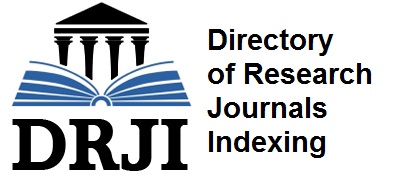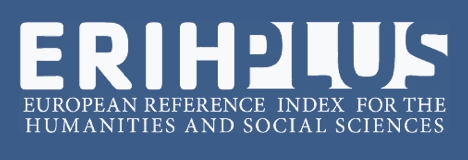Procuradores y consejos asesores de las ciudades reales en las Cortes catalanas y en los Parlamentos sardos del siglo XV
Procurators and advisory councils of royal cities in the Catalan Courts and in the Sardinian parliaments of the 15th century
Abstract
El estudio del Brazo real en las cortes presenta un particular interés gracias a sus conexiones con la vida municipal. Resulta pues interesante analizar su funcionamiento también desde el punto de vista de la urbe. Dentro del gobierno urbano se detectan distintos consejos que actúan durante las asambleas, ocupando un papel muy destacado en la elección, posterior control y asesoramiento de los procuradores enviados a las Cortes.
El análisis de estas comisiones, vistas como grupos de trabajo, resulta particularmente estimulante para entender mejor la gestión del poder político y económico de la ciudad, así como su relación con el resto del Brazo real y la monarquía.
The ongoing study on the involvement of the royal Wing into the representative assemblies has a particular relevance because of its connections with the municipal life. Besides, it is also interesting to analyse its functioning from the perspective of the city. Within the city government, different councils worked during the assemblies, which played a key role both in the political election, and in the subsequent control and counsel of the attorneys, sent to the Courts.
The analysis of those committees, considered as a work-group, seems to be significant in order to understand well the managing of political and economic power in the city, as well as the relationship between the committees, the rest of the royal Wing and the monarchy.

This work is licensed under a Creative Commons Attribution-NonCommercial 4.0 International License.
Authors who publish with this Journal agree to the following terms:
Authors retain copyright and grant the Journal right of first publication with the work simultaneously licensed under a Creative Commons Attribution-NonCommercial 4.0 International License.
This Journal permits and encourages authors to post items submitted to the Journal on personal websites or institutional repositories both prior to and after publication, while providing bibliographic details that credit, if applicable, its publication in this Journal.

















